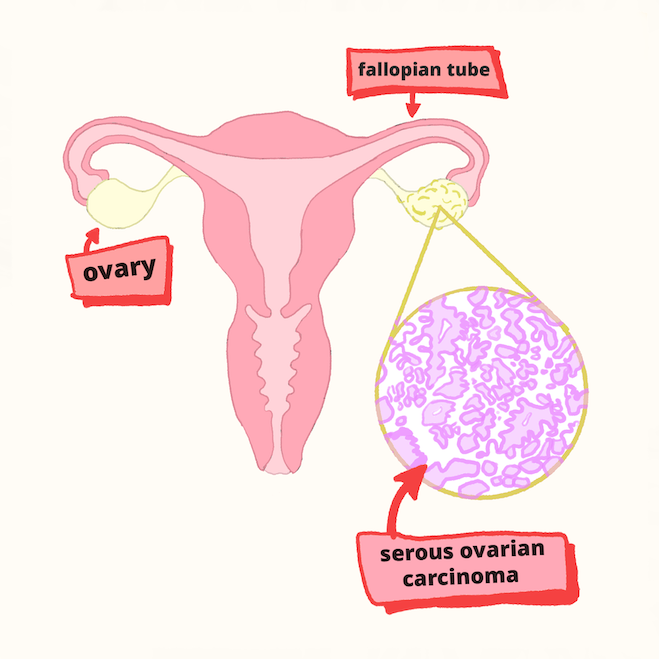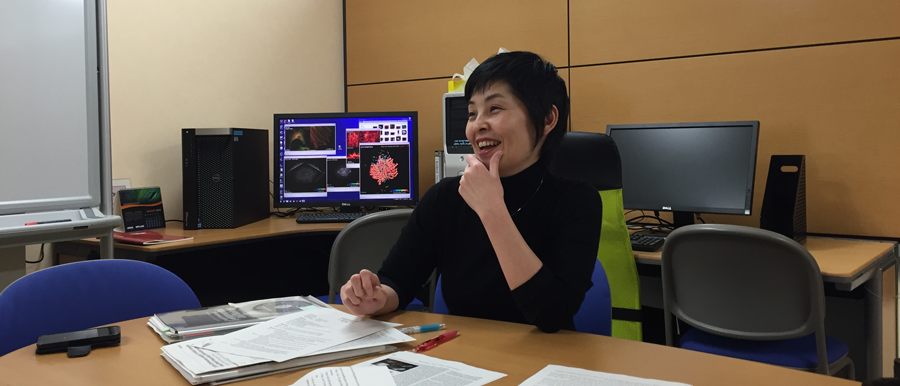Latest research animations
Self-assembly of spider silk
This gut microbe might protect against diabetes and reduce insulin resistance
NEW: One-way hydrogel guides motion of tiny worms!
Latest Posts
Measuring altitude — with clocks?
The sound of molecules: NMR-inspired music
Eve Marder: freeing knowledge, crashing neurons
None of us would get on a plane that had its parts changed in mid-air, says Eve Marder, who has spent her career probing a very specific cluster of crustacean nerve cells. Yet we are all walking around undergoing a constant turnover of cellular parts, and so are the lobsters and crabs Marder studies.
RIKEN Research Summer issue
ESOF and the gimungous telescope
Call for science-inspired art
Why “nihonium”?
Nerd Nite comes to Tokyo
RIKEN Research Spring issue is here
Organ regeneration in the lab
Of mice and NREM: In this brain circuit, memories depend on sleep
Dear RIKEN: Can you bring frozen animals back to life?
From evolutionary morphology to Godzilla
Award-winning 3D images of living cells
Electrolithoautotrophs
Element 113: “discovery” or not?
Black smokers and electroecosystems
Science communication symposium
RIKEN at a glance
About this blog
Let the blogging begin!
Thoughts on the genetics of medicinal licorice
Pathogenic genetic variation linked to H. pylori-related stomach cancer
ERRg predicts atrial fibrillation and hidden comorbidity
Memories are made of this ?? – (Part 2)
Replicating opossum heart regeneration to help fight cardiovascular disease
Spacey, nerdy nights in Tokyo
Memories are made of this ? ? – (Part 1)
Hibernation-like state can protect kidneys during heart surgery
Crying baby? Science says walk, then sit
Jan
23

Real webshooters? Synthetic spider silk spun from artificial gland
Scientists create a microfluidic device that spins artificial spider silk from spidroins proteins, duplicating silk’s complex molecular structure.
Jan
15

Omics Omics Omics: Analysis predicts ovarian cancer-treating drug
Multi-omics analysis prediction: drugs that inhibit Ras signaling will help prevent tumor formation in serous ovarian cancer.
Dec
27

First hydride-ion battery that works at room temperature
Researchers develop a new solid electrolyte that can conduct hydride ions, thus allowing better hydrogen-based batteries and fuel cells.
Nov
10

Plants to the rescue: cleaning up our dirty soil
A brief review of phytoremediation and research into how plants can be used to clean the environment.
Nov
1

Stolen genes used for parasitic mind control
Parasitic horsehair worms evolved to control their praying mantis hosts by stealing their genes (horizontal gene transfer).
Sep
27

Machine learning contributes to better quantum error correction
Researchers have developed an autonomous method for handling error correction in quantum computing. This will help quantum computers maintain their advantages over standard computers.





























